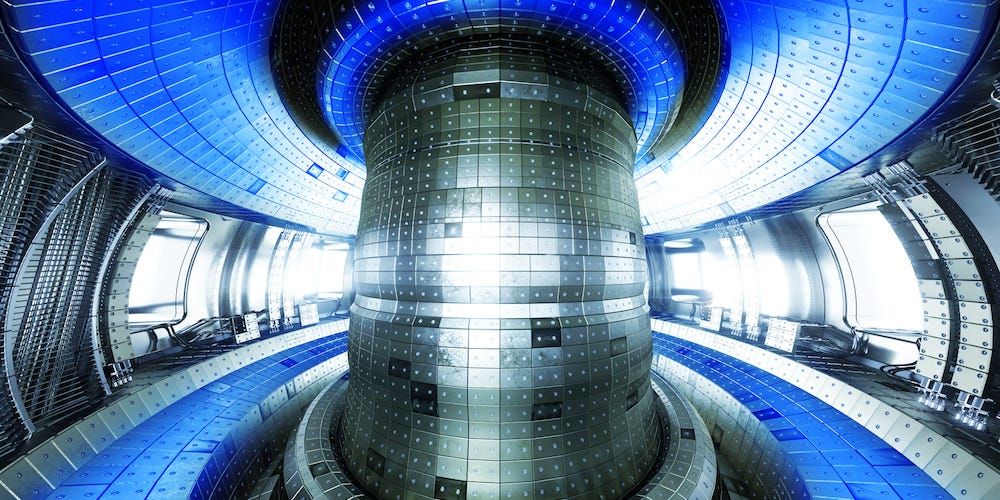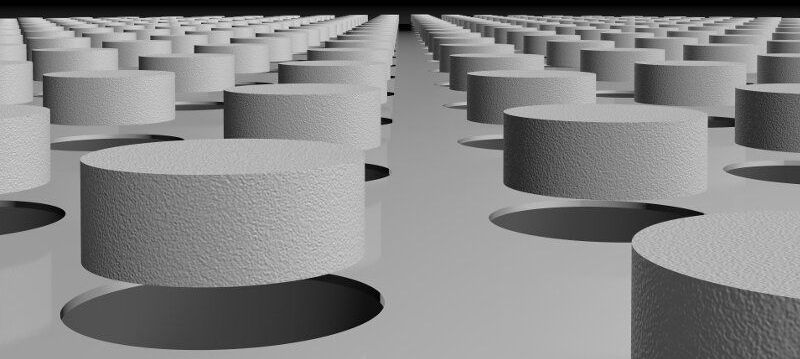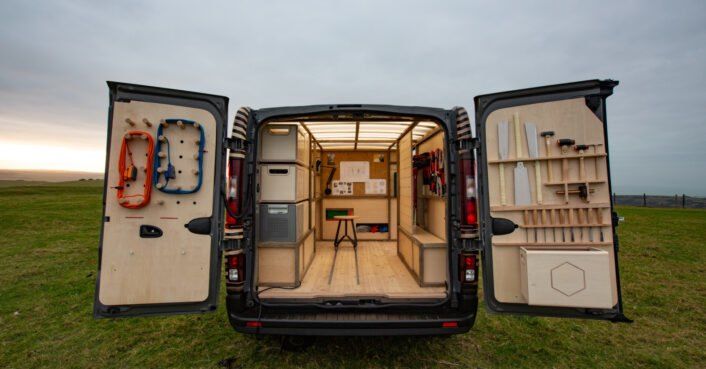Physicists can’t agree.
Physicists define black holes according to their field’s needs.


Imagine if we could replace fossil fuels with our very own stars. And no, we’re not talking about solar power: We’re talking nuclear fusion. And recent research is helping us get there. Meet the Experimental Advanced Superconducting Tokamak, or EAST.
EAST is a fusion reactor based in Hefei, China. And it can now reach temperatures more than six times as hot as the sun. Let’s take a look at what’s happening inside. Fusion occurs when two lightweight atoms combine into a single, larger one, releasing energy in the process. It sounds simple enough, but it’s not easy to pull off. Because those two atoms share a positive charge. And just like two opposing magnets, those positive atoms repel each other.
Stars, like our sun, have a great way of overcoming this repulsion … their massive size, which creates a tremendous amount of pressure in their cores … So the atoms are forced closer together making them more likely to collide. There’s just one problem: We don’t have the technology to recreate that kind of pressure on Earth.
For more information visit: http://immergeinteractive.com/elements
Fender Telecaster meets custom built LED video display meets audio reactive control software.
The guitar display is a custom cut faceplate mapped with individually addressable LEDs which turns the whole face of the instrument into a video screen. Integrated with our software that drives the band’s existing light show, the guitar visuals are synced with the entire light rig to provide cohesive looks and stand out solos.
Premiering only in recent weeks, this piece draws immediate crowd attention. Paired with the band’s unique musical style, this element of their show leaves the crowd with a unique memory of a stand out performance.

A biomedical device designed to lure tumour cells out of the brain Pied Piper-style has been awarded specialist breakthrough status by the US Food and Drug Administration (FDA). Following successful trials in rats, the device, dubbed a ‘tumour monorail’, has been put on the fast track for human trials by the FDA.


“I read more than my share of textbooks,” Gates says. “But it’s a pretty limited way to learn something. Even the best text can’t figure out which concepts you understand and which ones you need more help with.”
Software can be used to create a much more dynamic learning experience, he says.
Gates gives the example of learning algebra. “Instead of just reading a chapter on solving equations, you can look at the text online, watch a super-engaging video that shows you how it’s done, and play a game that reinforces the concepts,” he writes. “Then you solve a few problems online, and the software creates new quiz questions to zero in on the ideas you’re not quite getting.”



Over the years, we’ve seen thousands of unique van conversions, but Nissan has taken the van-loving world by storm with its new NV300 concept van — a mobile workshop for woodworking professionals. The amazing design, which was a collaboration between Nissan and UK-based firm Studio Hardie, is fully-functioning mobile woodworking studio that can be taken off grid, letting wood-loving artisans find inspiration anywhere they choose. What’s more, the van runs on solar power and its tools are powered by an emissions-free, weatherproof power pack made out of recycled electric car batteries.